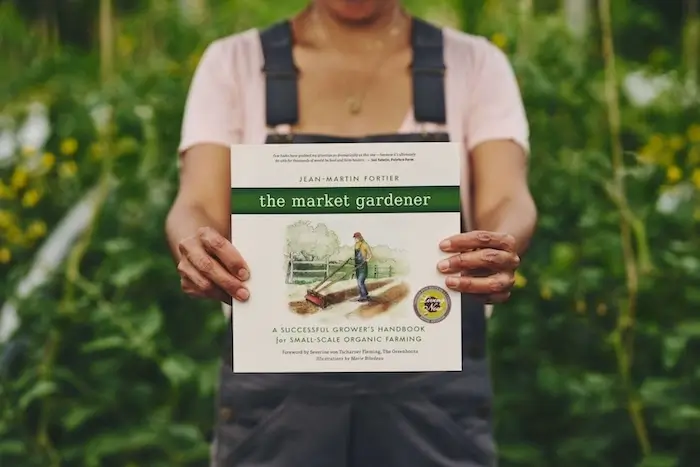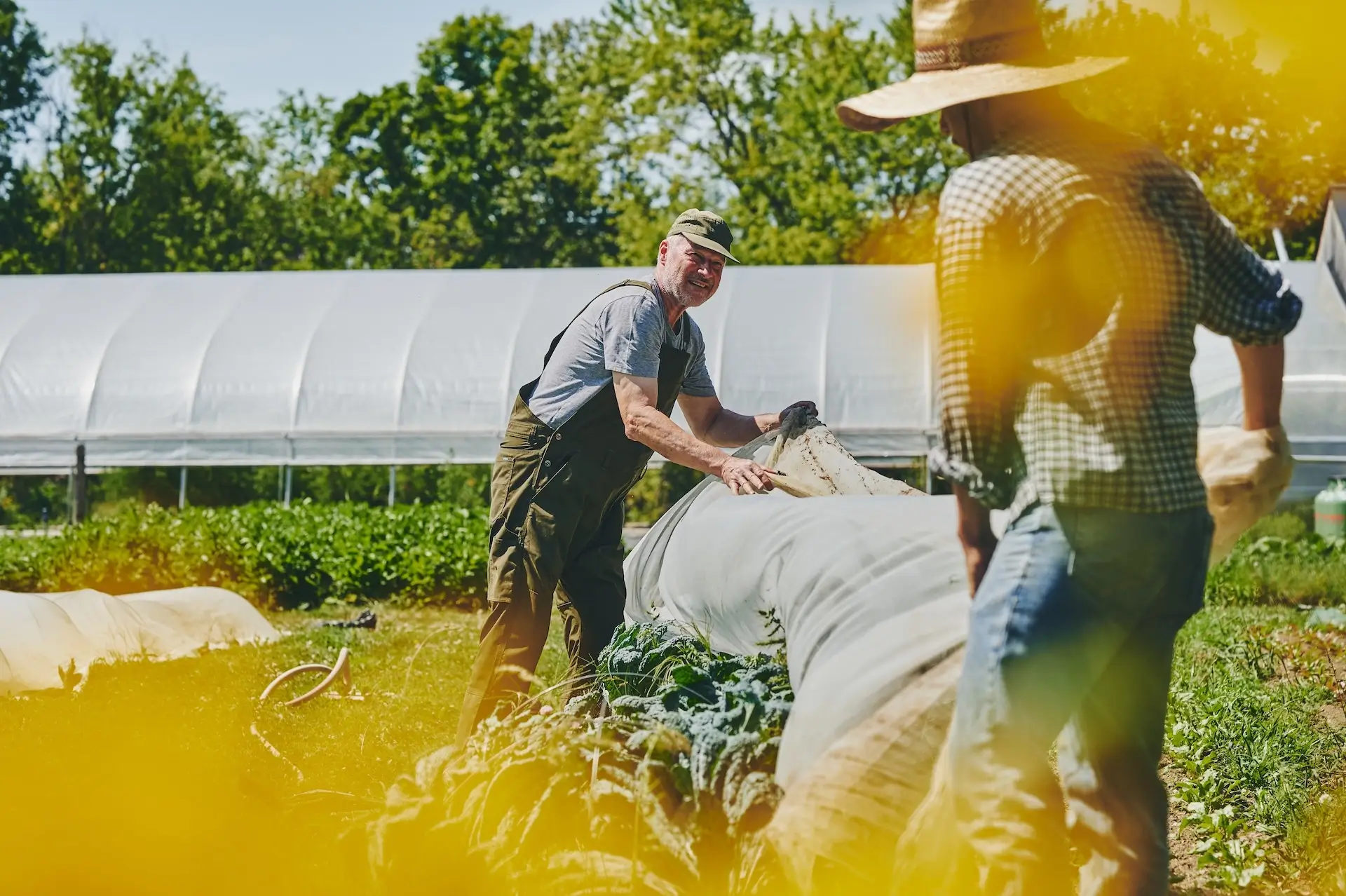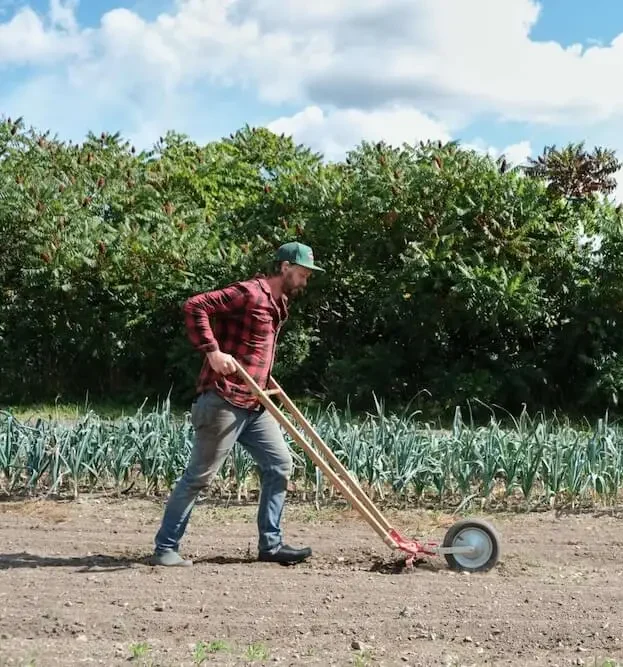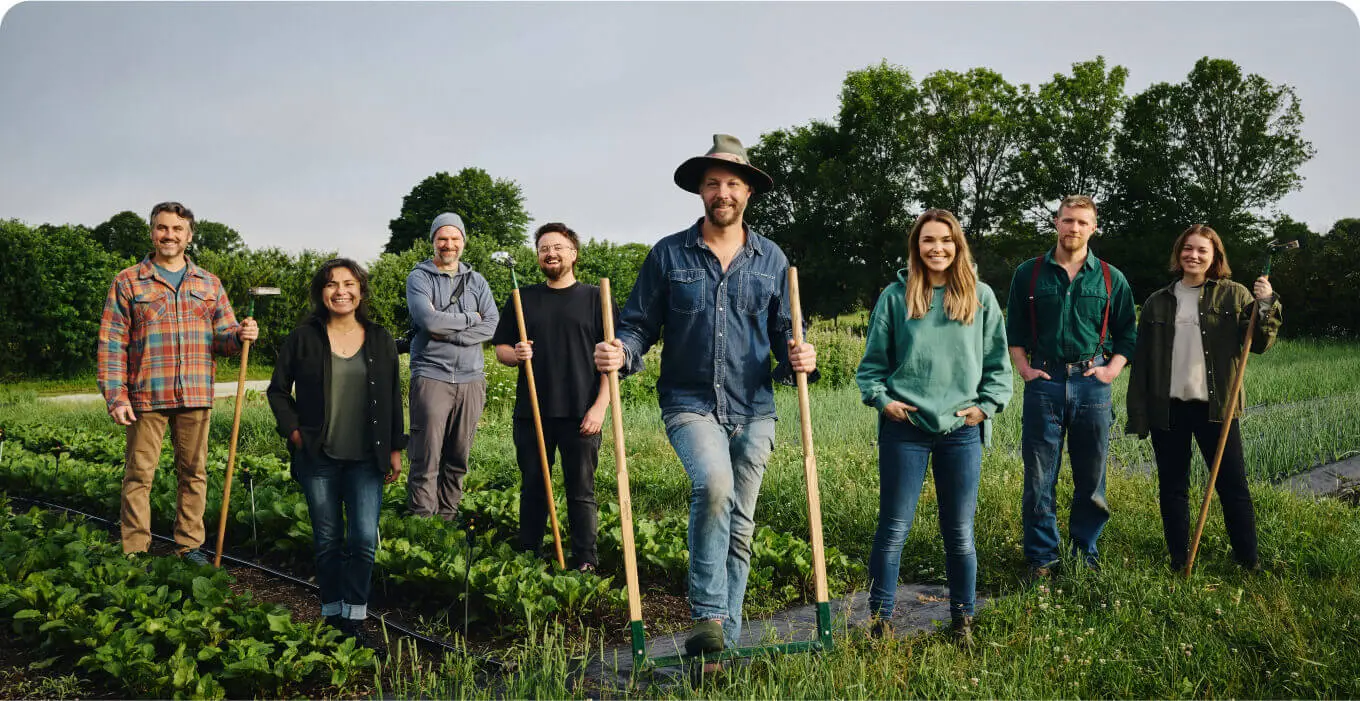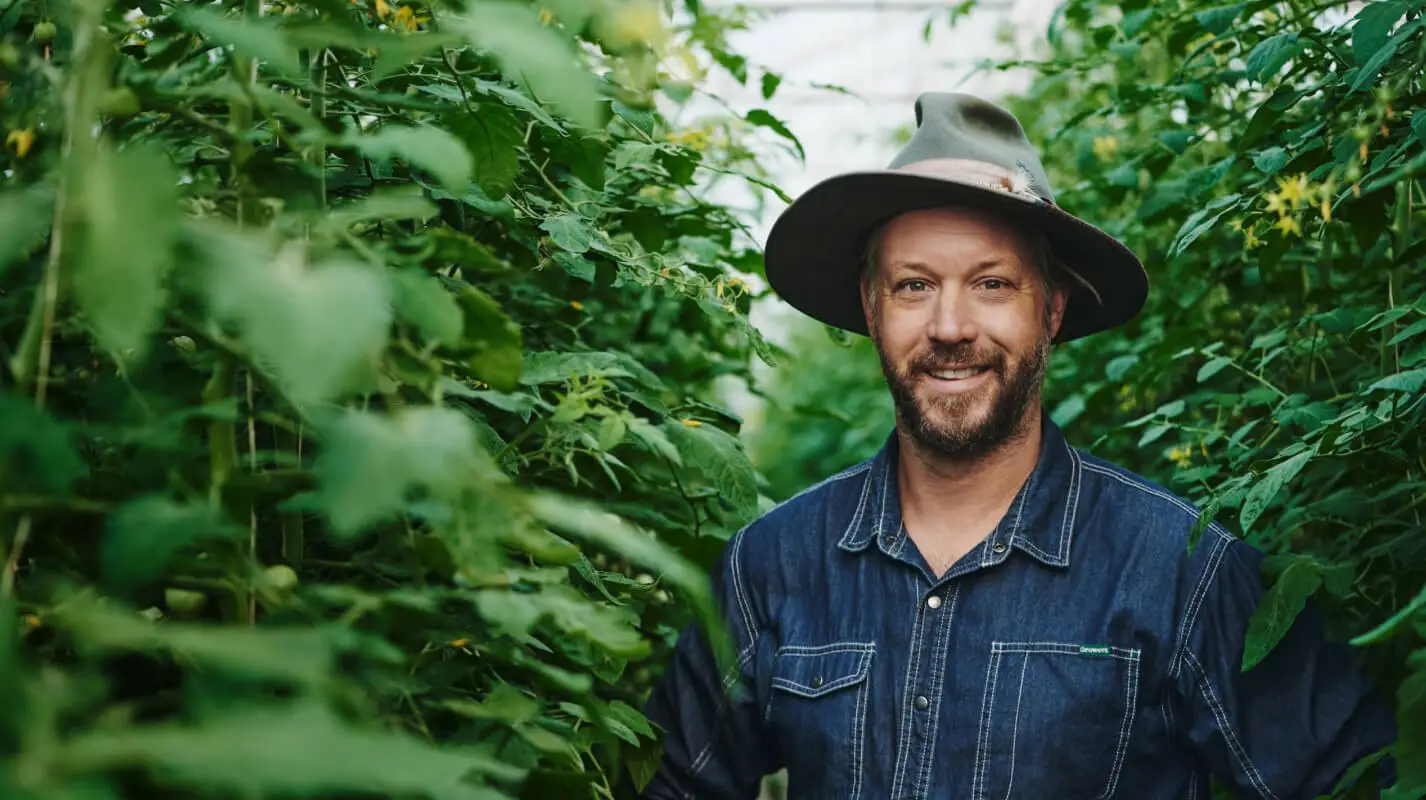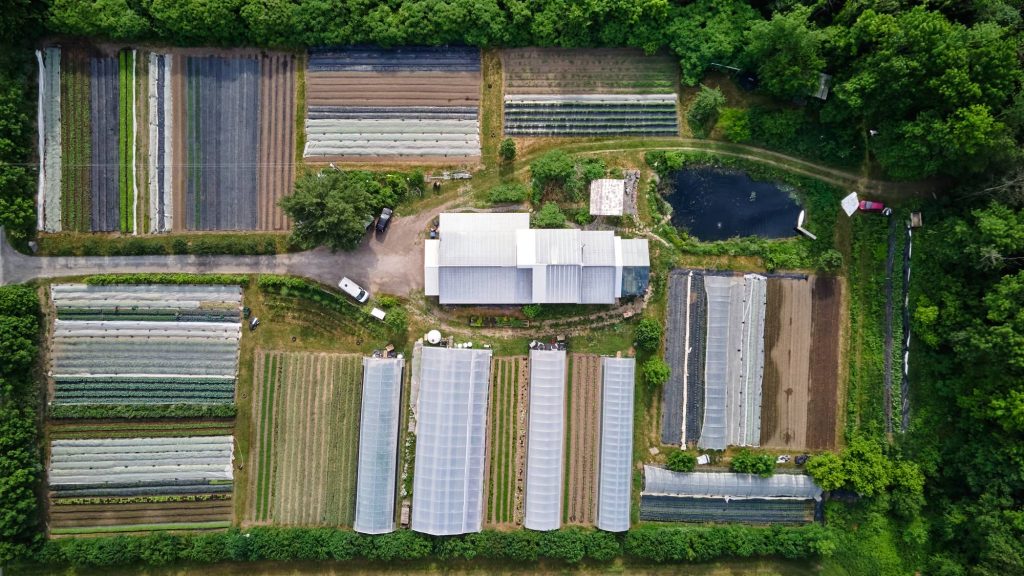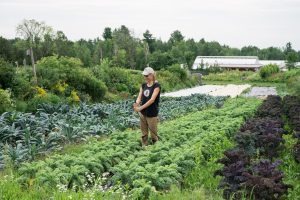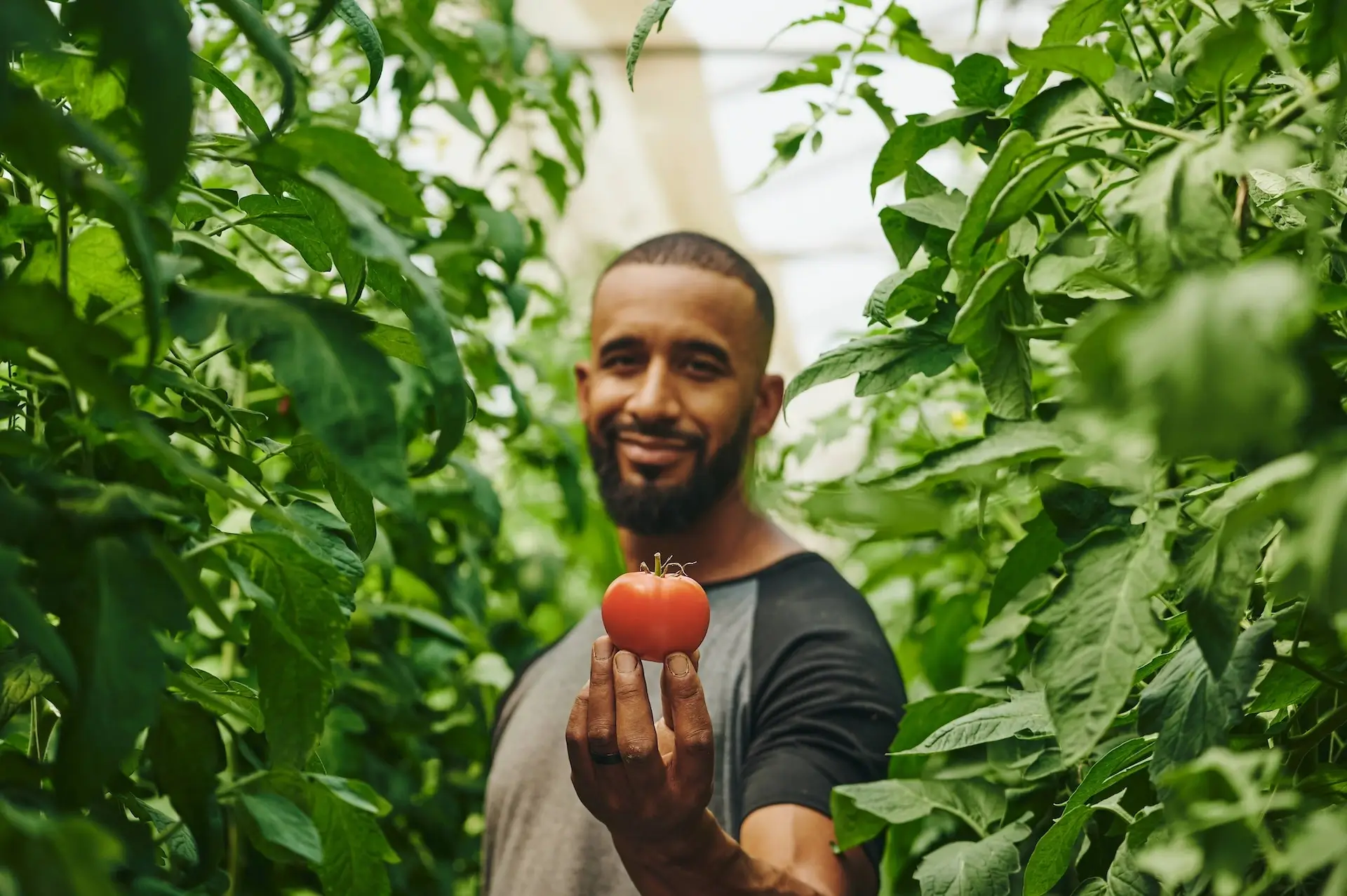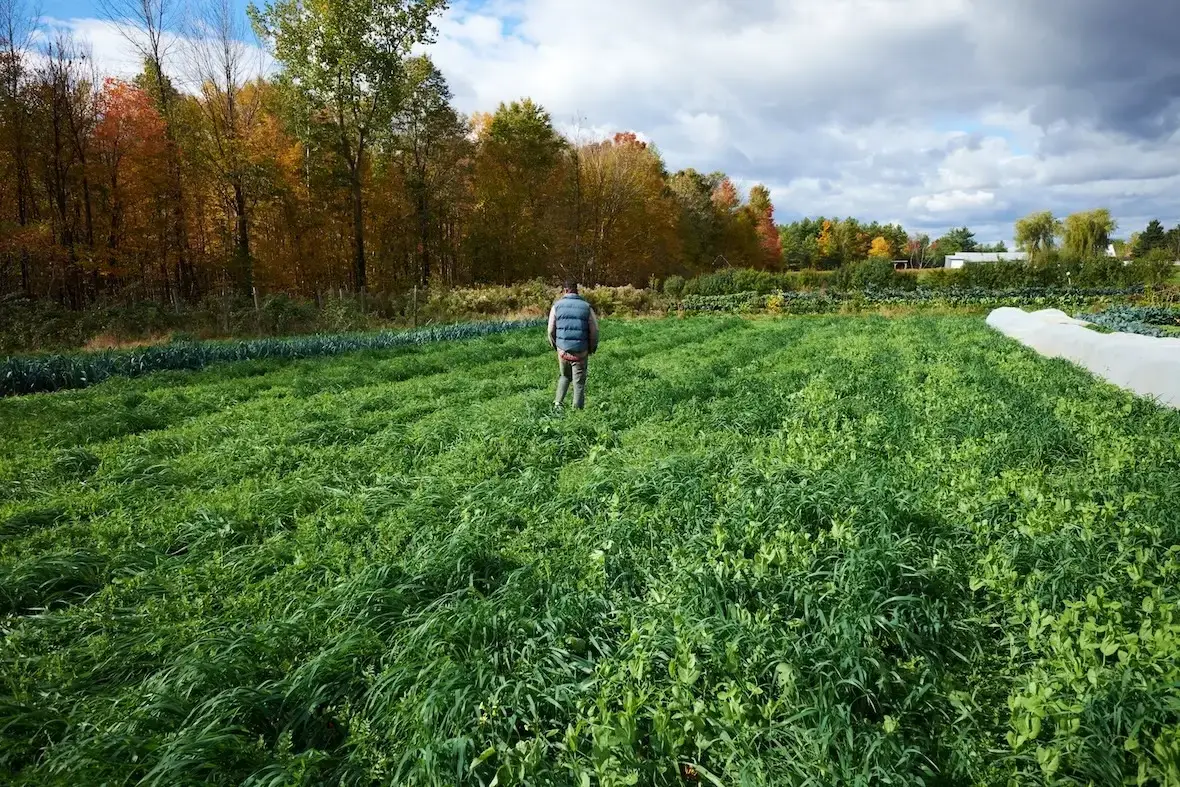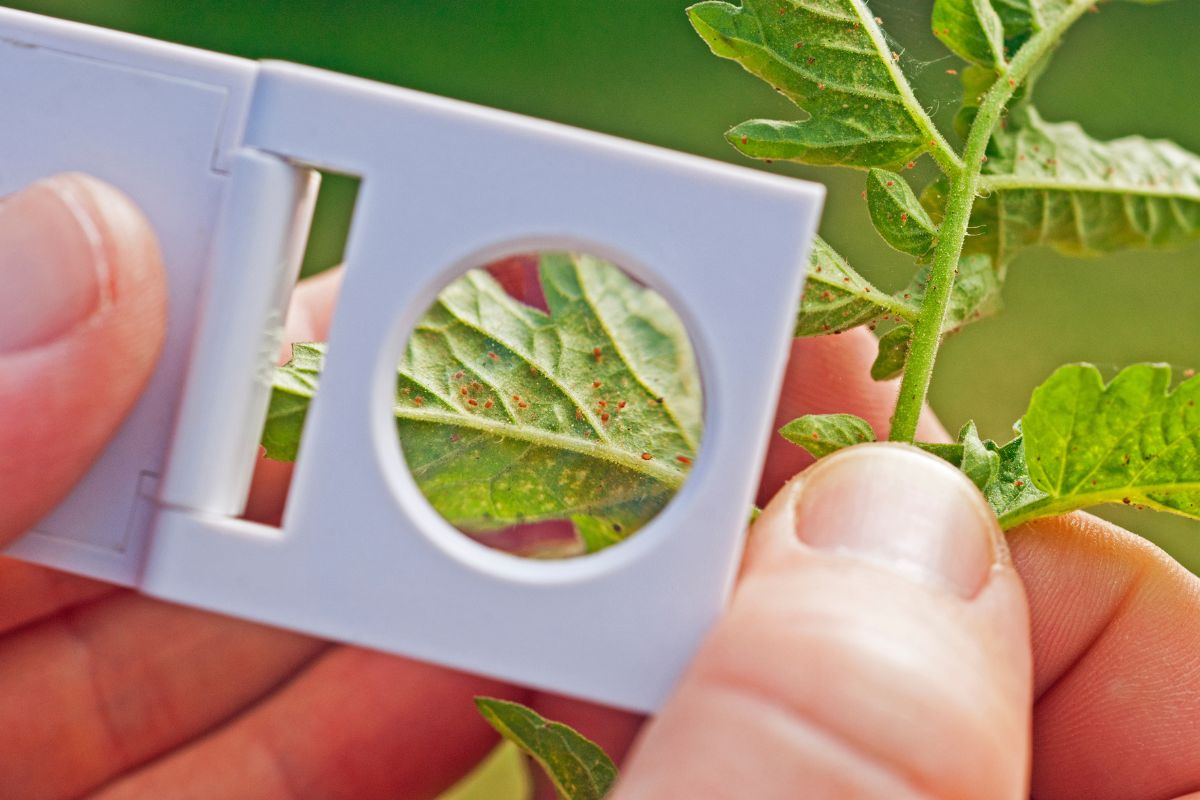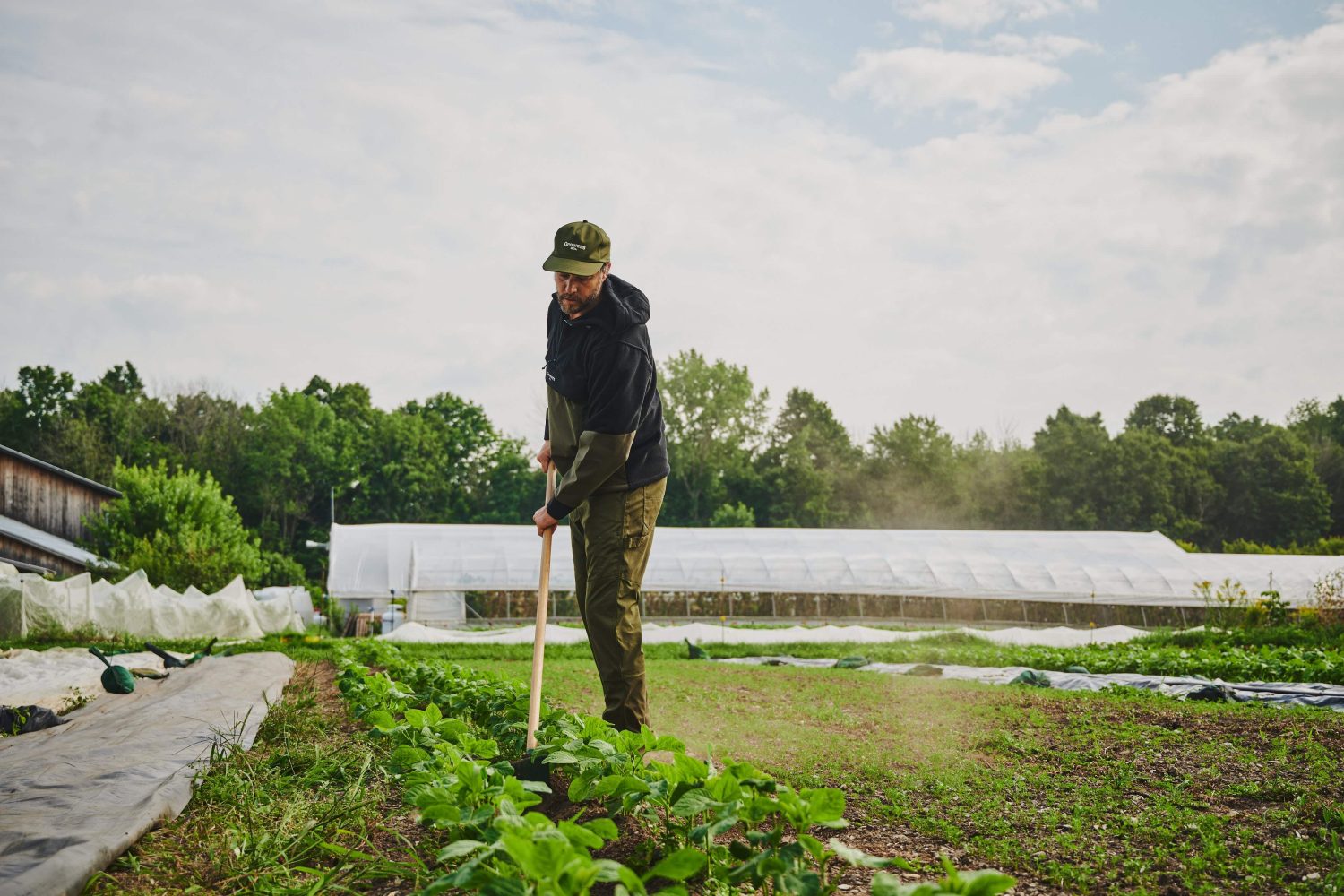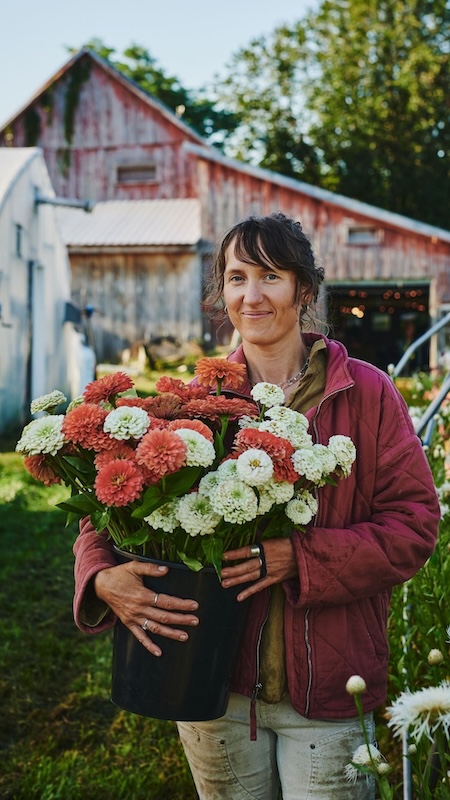The biointensive farming method applied by Jean-Martin Fortier makes it possible to obtain high crop yields on small-scale farms. It is respectful of the environment in addition to being very profitable for farms that practice small-scale organic farming. Let’s take a look at its many advantages.
What is small-scale organic farming?
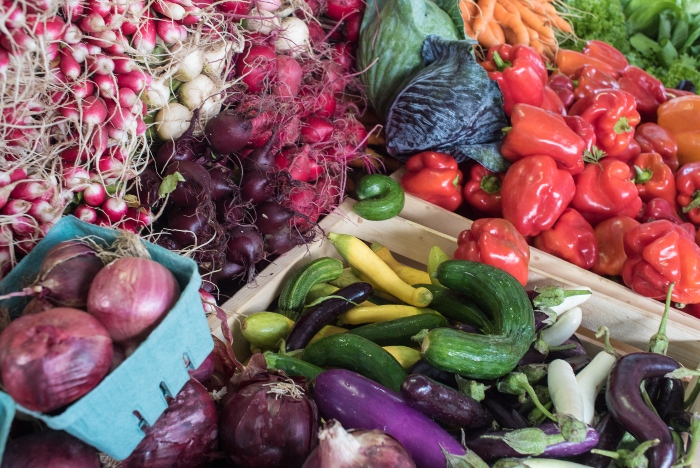
The biointensive method that Jean-Martin Fortier and Maude-Hélène Desroches practice at their farm, Les Jardins de la Grelinette, and described by Jean-Martin in his first book The Market Gardener: A Successful Grower’s Handbook for Small-Scale Organic Farming is all about how to make a good living from cultivating a small amount of land (i.e. one hectare which equates to roughly 2.5 acres or less). It is based on several key concepts, including maximizing yields from a small region. As well as using hand tools (instead of mechanized production), permanent raised bed systems, and organic farming methods, such as cover-cropping and compost application, to support ideal conditions for soil health and fertility. This model requires far lower initial investments compared to the costs involved when starting a large-scale conventional farm.
Indeed, starting a biointensive, small-scale farm requires less capital because it’s based on non-mechanization and the use of hand tools. In his book, Jean-Martin Fortier provides a complete list of expenses to get your farm up and running.
Agriculture that’s good for both people and the planet
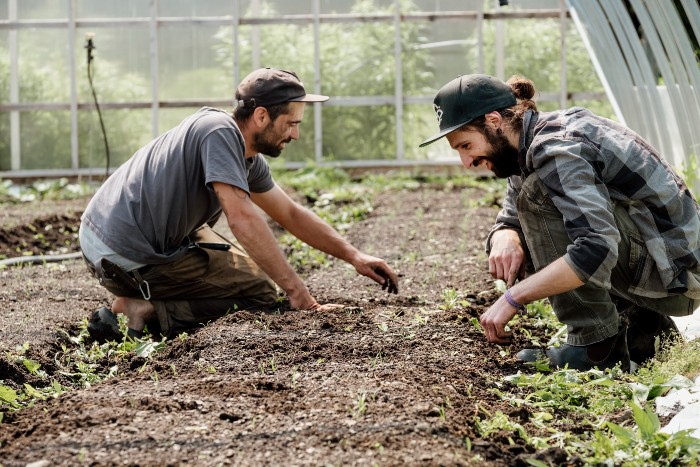
1. Small-scale farming makes the agrarian dream more accessible. Making a good living from a small piece of land is possible. It allows for more and more farmers to pursue their goals. What’s more is that unlike conventional farms, where start-up costs are exorbitant, launching a biointensive market garden requires very little in the way of initial costs, as it relies on accessible and inexpensive equipment such as hand tools and focuses on growing better, not bigger.
2. Human-scale regenerative farms use production techniques that promote biodiversity. It also improves soil health such as carbon sequestering, building organic and mineral matter, encouraging soil microorganism growth, etc. They don’t depend on the use of chemical pesticides or herbicides, which supports a healthier environment and a source of healthier, fresh food for local communities
3. Small farms foster relationships. Beyond connecting consumers to their food source, thanks to direct sales and the development of regional food systems, these types of farms reinforce the social fabric between cities and rural areas. They nurture the support and growth of vibrant communities and can help to create exceptional living environments for those who work on these farms while offering welcoming spaces for visiting city dwellers.
Experience the joy of growing your own food
As you can see, small-scale farming plays a vital role in shaping our future and addressing the global challenge of feeding a growing population sustainably. Its numerous benefits make it an essential component of a resilient and thriving society. If you are passionate about making a positive impact on the environment, supporting local communities, and experiencing the joy of growing your own food, we invite you to join the movement of small-scale farming. By registering for our introduction course to market gardening, you will gain valuable knowledge and skills to embark on this fulfilling journey. Together, let’s cultivate a sustainable future and contribute to a healthier, more connected world through the power of small-scale farming.
If small-scale farming interests you, make sure to read the 5 Tips for Starting a Biointensive Small-Scale Farm.

